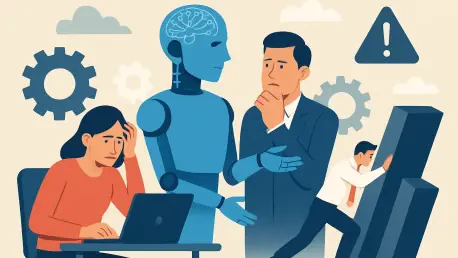
What happens when the shiny promise of technology collides with the gritty reality of human work? In 2025, the workforce stands at a pivotal moment, wrestling with artificial intelligence tools that often frustrate more than they help, a hunger for skills that outpaces opportunity, and a cultural
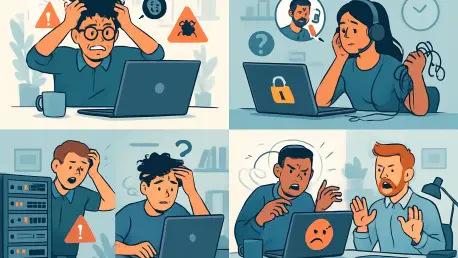
As we dive into the often-overlooked world of IT professionals, I'm thrilled to sit down with Sofia Khaira, a renowned specialist in diversity, equity, and inclusion, who brings her deep expertise in talent management and workplace dynamics to the table. With a passion for creating inclusive
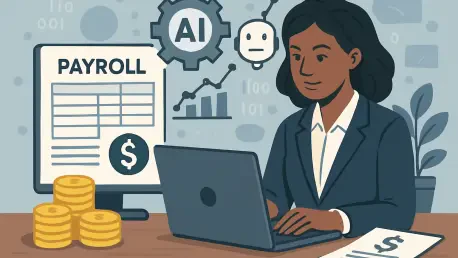
What if the daunting task of managing payroll across dozens of countries could be reduced to a simple conversation? In today’s fast-paced, interconnected business landscape, global enterprises grapple with payroll systems that are often fragmented, error-prone, and bogged down by compliance
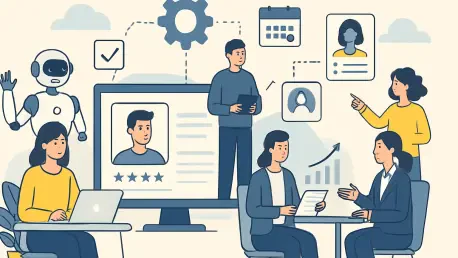
Imagine a small business owner spending over 15 hours each week tangled in the complexities of payroll, compliance, and employee onboarding—time that could be invested in growing their company. For the 1.4 million small and medium-sized businesses (SMBs) in the United States with at least 10
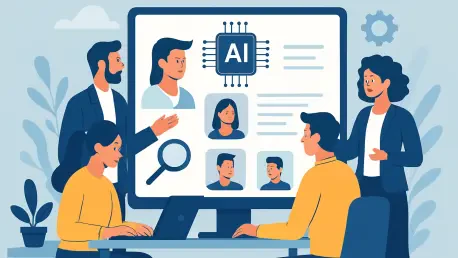
As the world of recruiting and talent acquisition undergoes a transformative shift with the integration of artificial intelligence, few are better positioned to shed light on these changes than Sofia Khaira. A renowned specialist in diversity, equity, and inclusion, Sofia has dedicated her career
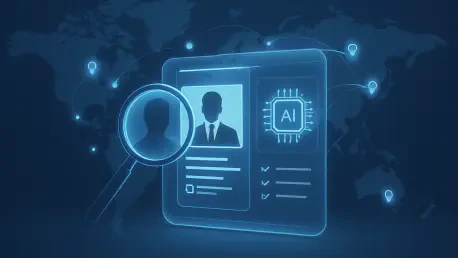
What if hiring talent from halfway across the world could be as simple as ordering a coffee? In today’s hyper-connected economy, businesses are desperate to tap into global talent pools, yet they often stumble over legal mazes, compliance hurdles, and maddening delays. Enter Pebl, formerly Velocity